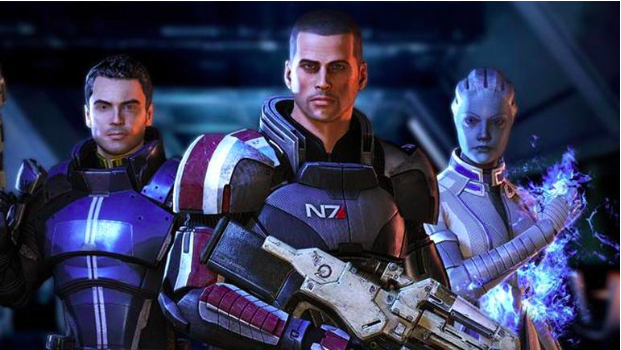
By Ian Sherr
The day before Consumerist.com announced the worst company in America, Larry Probst was already pissed.
That cloudy April day in 2013, Probst, interim CEO of Electronic Arts, called an emergency meeting of his senior leaders at the company’s Redwood City, Calif., headquarters.
Probst knew that EA, which had grown into one of the world’s largest video gaming companies since it was founded in 1982, was struggling: Its financial performance wasn’t meeting expectations, its stock had fallen two-thirds over the last six years and a loud group of critics were probably about to crown the company the worst in America — for the second year in a row.
In fact, more than 250,000 people cast their votes on the advocacy website Consumerist and crowned EA the worst company in America the year before, beating out Bank of America.
“Consumerist readers ultimately decided that the type of greed exhibited by EA, which is supposed to be making the world a more fun place, is worse than Bank of America’s avarice, which some would argue is the entire point of operating a bank,” wrote Consumerist’s Chris Morran while announcing EA’s first win in 2012.
Nearly 78 percent of votes went to EA again the next year, declaring it worse than the tardiest airlines or the reviled cable companies that take forever to service your home.
“It was a hideous thing,” Probst said of finding the company so hated. In that conference room on that cloudy Monday, with the executive team surrounding him, Probst “hit the roof,” as one person described it.
“The message I tried to deliver was, ‘This will not happen again,'” Probst recalled in an interview a year and a half after the gathering. “‘As long as I draw breath, this will not happen again.'”
Why were EA’s critics so ticked off? They had a long list detailing how the company lost its way. Some of the games it released weren’t considered as innovative or well made as the originals, particularly titles like Medal of Honor: Warfighter. The 16th major installment in the series was criticized for not innovating on the typical shooting game. Other players loathed EA’s shift toward selling additional storylines to games for an extra fee. And its efforts to compete with a new class of games by Zynga and others, offered cheap or free on smartphones, tablets and Facebook, weren’t well received.
EA seemed more like a business than a game developer, said fans turned critics. “EA doesn’t even have the decency to recognize when they’ve published another uninspired piece of crap,” one blogger at the gaming enthusiast site Destructoid wrote at the time.
Winning the worst company award served as a wake-up call for EA, helping to convince executives they needed to change the way they thought of their customers. That rethinking has paid off: Over the past year, EA’s sales, which declined in the year leading up to Probst’s April meeting, have swung back to growth. Profit has skyrocketed to $875 million from $8 million in 2014, and the company’s stock price has soared.
All with little change in research and development investment and no dramatic layoffs.
Every company at some point faces a crisis of confidence. At EA, this challenge manifested itself in a peculiar way: customers were buying its games, but an increasing number of them also disliked the company. A lot.
So, EA set about changing its culture, from the way employees worked with one another to the way they talked to customers.
“We needed to look at systemic problems,” said Patrick Söderlund, who heads up some of EA’s biggest games. “We needed to understand this is how people perceive us — right or wrong, it was as simple as that.”

